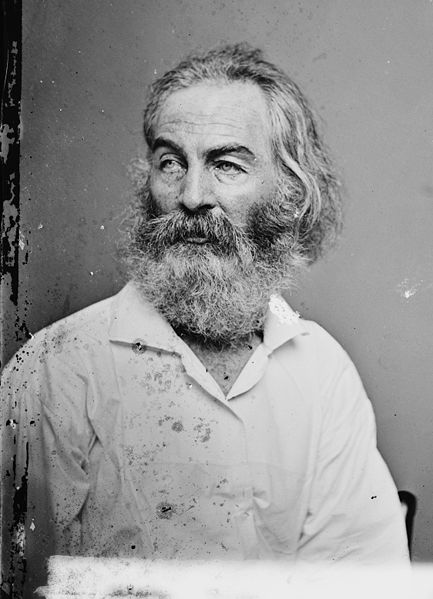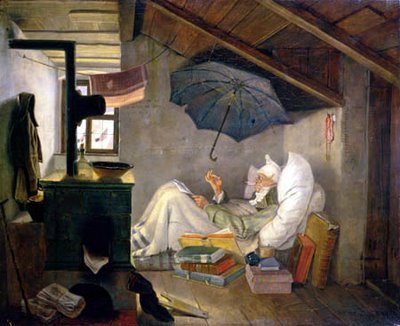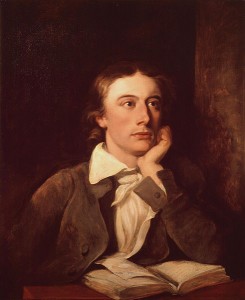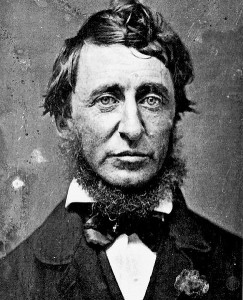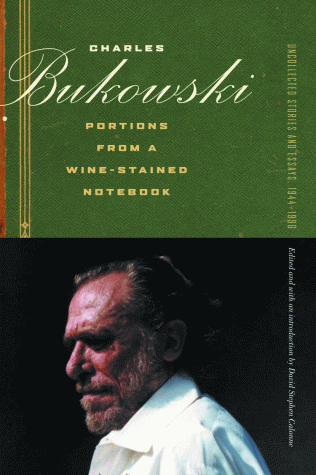 The Rumpus has a piece that Charles Bukowski wrote as a forward to a book of poems by William Wantling in 1974. He writes about meeting the other poet for the first time and liking him. It must have been a big thing to be liked by Bukowski because he seems to have a problem with most people. His piece is touching and shows how sensitive Bukowski really was to the unspoken things.
The Rumpus has a piece that Charles Bukowski wrote as a forward to a book of poems by William Wantling in 1974. He writes about meeting the other poet for the first time and liking him. It must have been a big thing to be liked by Bukowski because he seems to have a problem with most people. His piece is touching and shows how sensitive Bukowski really was to the unspoken things.
He writes a bit about style and says:
Style means no shield at all.
Style means no front at all.
Style means ultimate naturalness.
Style means one man alone with billions of men about.
Is that really it? Boy, Bukowski would have hated me to the ends of his toes because I’m always arguing my point. The problem I have with what he’s saying there is that he made a living by writing with the biggest shield of all in front of him. A bottle. It’s the best shield there is. Bullet-proof. So he must be wrong about style.
